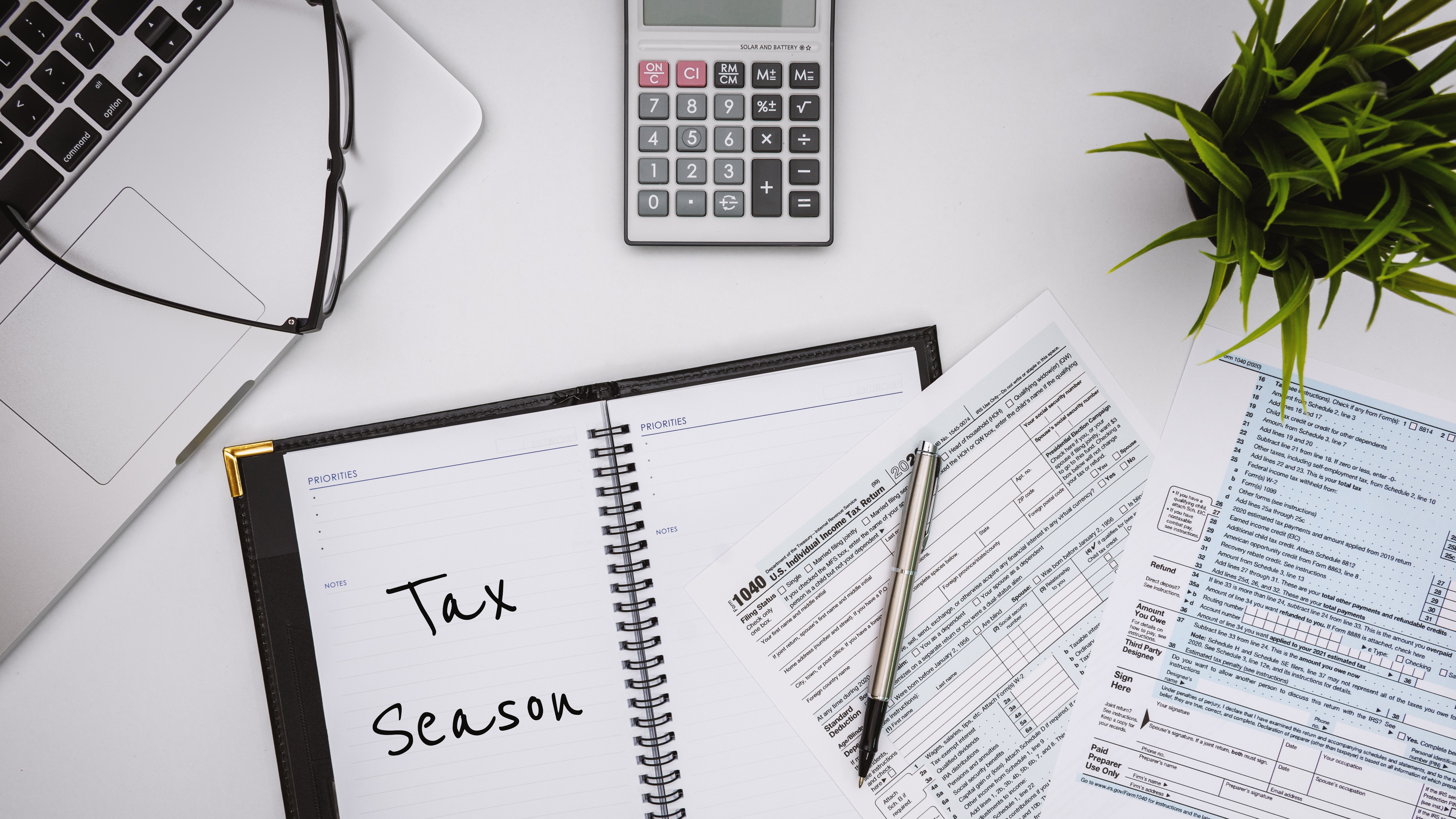8 essential tax-filing reminders as the tax season starts
With the tax season now officially open, here's some important reminders that all tax-filers need to know.

American taxpayers have been given some important reminders by the Internal Revenue Service (IRS) following a less than conventional tax-filing season last year. With tax season 2021 now officially open, the service wants to ensure tax-filers have all the information they need to file properly, and to highlight some of the things that might be a little different compared with last year.
One thing that actually represents a return to normality is this year’s April 15 deadline for returns to arrive at the IRS. While the coronavirus pandemic has not gone away, there is no suggestion that the three-month extension filers were permitted last year because of the health crisis will be happening again in 2021. That said, most of the reminders below have been informed by events of the past 12 months, and should definitely be considered ahead of sitting down with your tax software.
Earned Income Tax Credit
With the earnings of many US households taking a hit amid lockdowns and collateral economic damage emanating from the virus, the IRS reminds that low-to-moderate income workers could see their income boosted under the Earned Income Tax Credit (EITC).
If awarded, the credit could lower the amount of tax you owe, or even result in a refund if you don't owe taxes or aren't required to file a return. To qualify, you’ll normally need to earn less than $56,844 and meet certain other criteria - you can check your eligibility at the IRS.
Unemployment benefits
The rise in the number of Americans losing their jobs was another unfortunate consequence of the pandemic that resulted in millions of people claiming unemployment benefit for the first time. For those who have not previously filed taxes for a period during which they’ve been out of work, the IRS points out that benefits are taxable and, as such, need to be noted as gross income on a tax return.
While the option is available to have federal taxes withheld from unemployment benefits or to make estimated tax payments, most choose not to and so will need to settle what is due when filing.
Gig economy workers
Taxpayers who might have recently redeployed to the gig economy in the quest for work are reminded to report income earned from this employment when filing their return. Given gig economy workers don’t usually have taxes taken from their wages in the way that salaried employees usually do, the IRS suggests making an estimated tax payment each quarter is a good way to try and stay on top of tax obligations.
Sign up to receive the latest news, reviews, buying guides and deals direct to your inbox
Refund interest is taxable
A quirk of extending last year’s filing deadline was that most Americans who received a tax refund on their 2019 tax returns also received interest on top. However, with the interest that was paid out being taxable, the IRS has reminded that it will need to be included on this year’s tax return. Affected taxpayers can expect to receive a Form 1099-INT if their interest was $10 or more.

Home office deduction
If you’ve been working from home rather than at your usual office or workplace due to the pandemic, you may be eyeing up a home office deduction on your tax return. However, following a change in the rules in 2018, the bad news is that employees who receive a pay check or a W-2 from an employer do not qualify for the deduction. The ruling is set to expire in 2025, but in the meantime, it is only the self-employed, contractors and gig workers who might be able to claim. You can learn more about the home office deduction rules here.
Get your stimulus check
If your stimulus check hasn’t yet arrived, or you think you’re owed a little bit more, you’ll now need to claim your missing stimulus payment when filing your taxes. All of the second round of stimulus checks have now been sent, so if the money isn’t in your bank account and a check hasn’t arrived by mail, filing is likely how you’ll need to make your claim known.
Take the direct deposit option
This tends to apply whatever the year, but the IRS has reiterated once again that the quickest, safest and most accurate way to receive your tax refund is to file electronically and opt to receive your payment by direct deposit. That way anything you’re owed will be deposited straight into a bank account of your choice.
While 8 out of 10 people choose the direct deposit method, it means there are still a fairly significant number that don’t. Now, more than ever, it would seem to make sense to dump the check in the mail option and go direct, particularly if you need the funds urgently.
Charitable donation deduction
It’s usually the case that if you take the standard deduction, then you’re not allowed to claim a deduction for your charitable contributions. However, since the CARES Act, taxpayers who opt for the standard deduction route will be permitted to claim a deduction of up to $300 on their 2020 return in respect of cash contributions made to certain qualifying charities. A list of the organizations that you can donate to and qualify is available on the IRS website.
With over 20 years’ experience in the financial services industry, Tim has spent most of his career working for a financial data firm, where he was Online Editor of the consumer-facing Moneyfacts site, and regularly penned articles for the financial advice publication Investment Life and Pensions Moneyfacts. As a result, he has an excellent knowledge of almost areas of personal finance and, in particular, the retirement, investment, protection, mortgage and savings sectors.

